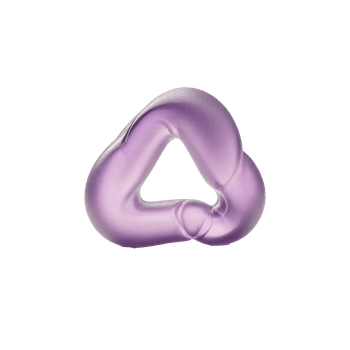Quick version
Protecting your bone health is crucial to reducing the risk of osteoporosis; here are seven effective steps you can follow.
- Increase your intake of calcium and Vitamin D to strengthen your bones.
- Exercise regularly with weight-bearing and muscle-strengthening exercises.
- Avoid smoking and limit alcohol intake to protect bone health.
- Maintain a healthy weight through balanced diet and regular exercise.
- Consider bone health tests, especially if you have risk factors for osteoporosis.
- Discuss the possibility of hormone replacement therapy (HRT) with your doctor.
- Prevent falls by making your home safe and improving your balance and strength. By incorporating these habits into your daily life, you can effectively prevent osteoporosis and promote strong bone health.
Fortunately, there are several steps you can take to reduce the risk of developing osteoporosis and protect your bone health over the years, here we have listed seven of them.
1. Increase your intake of calcium and vitamin D
Calcium is crucial for building and maintaining strong bones, and Vitamin D is necessary for the body to absorb calcium. Make sure to include calcium-rich foods such as dairy products such as yoghurt and cheese, leafy green vegetables, and fish in your diet. Vitamin D can be obtained through sunlight, foods like fatty fish and fortified products, as well as through supplements. If you are at risk, it might be a good idea to test your levels to ensure you do not have a Vitamin D deficiency.
2. Exercise regularly
Weight-bearing and muscle-strengthening exercises are particularly good for preventing osteoporosis. Activities such as walking, jogging, dancing, yoga, and strength training can help build and maintain bone mass. Aim for at least 30 minutes of exercise on most days of the week.
3. Avoid smoking and limit alcohol intake
Smoking and excessive alcohol consumption have been shown to have negative effects on bone health. Quitting smoking and keeping alcohol intake within recommended limits can help reduce the risk of osteoporosis.
4. Maintain a healthy weight
Being underweight or overweight can increase the risk of osteoporosis. Maintaining a healthy weight through a balanced diet and regular exercise can help protect your bones.
5. Consider bone health tests
Women should discuss their risk for osteoporosis with their doctor, especially if they have a family history of the disease, have gone through menopause, or have other risk factors. A bone health test may be recommended to assess your bone density and risk for fractures.
6. Hormone replacement therapy (HRT)
For women who are going through or have gone through menopause, hormone replacement therapy (HRT) to adjust, for example, estradiol and progesterone can be discussed as an option to reduce bone loss. It's important to carefully weigh the benefits against the risks with your doctor.
7. Prevent falls
Preventing falls reduces the risk of fractures. Make sure your home is safe, wear shoes with good support, and stay physically active to improve balance and strength.
Taking care of your bone health is an important step towards living a long and active life. By following these tips, you can effectively reduce the risk of osteoporosis and promote a strong and healthy body.

























